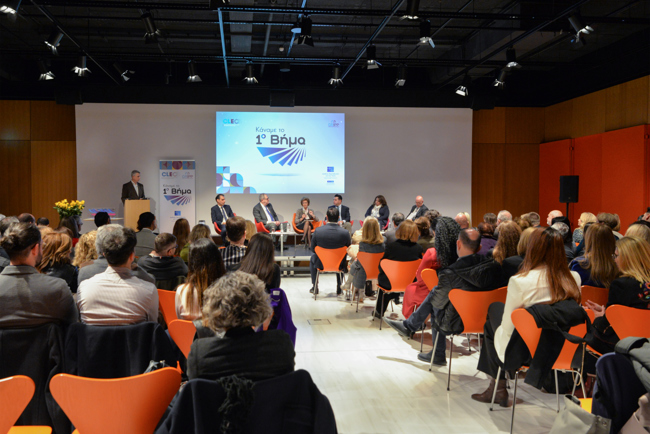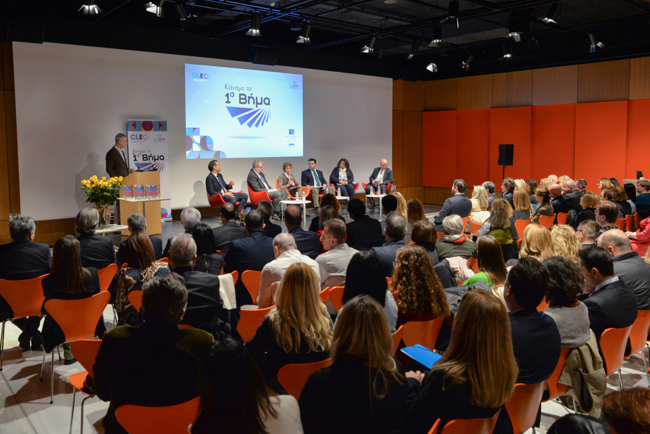
It is estimated that in Europe alone, 37,000 people die each year from infections they acquired while at the hospital, many of which are caused by microbes that are resistant to multiple different medications. According to the European Centre for Disease Prevention and Control, Greece sees some of the highest rates of hospital-acquired infections in Europe.
To improve prevention and control of hospital-acquired infections and combat antimicrobial resistance in Greece, the Stavros Niarchos Foundation (SNF), as part of its Global Health Initiative (GHI), is supporting the Greek Infection Prevention Program (GRIPP-SNF), a five-year program that provides training for healthcare workers nationwide while also working to improve infection surveillance and control at ten of the largest public hospitals in Greece. After the first five years, the program, which has been ratified under Greek law, will be integrated under the auspices of the Hellenic Ministry of Health, with the goal of expanding it nationwide.
By 2026, the program aims to achieve a 35% reduction in hospital-acquired infections relative to levels in 2021, when it began. Recently, the Center for Clinical Epidemiology and Outcomes Research (CLEO) held an event at the Stavros Niarchos Foundation Cultural Center (SNFCC) in Athens to recognize the Hospital Departments that have excelled in implementing the program. The event marked two years since a series of interventions at the ten participating public hospitals began working to reduce rates of hospital-acquired infections by applying internationally recognized best practices.
GRIPP-SNF is implemented by CLEO, working in collaboration with the National Organization for Quality Assurance in Health (ODIPY), the Hellenic National Public Health Organization (EODY), and the National and Kapodistrian University of Athens’s Nursing Department through the Center of Continuing Education and Lifelong Learning’s (KEDIVIM) digital platform.



